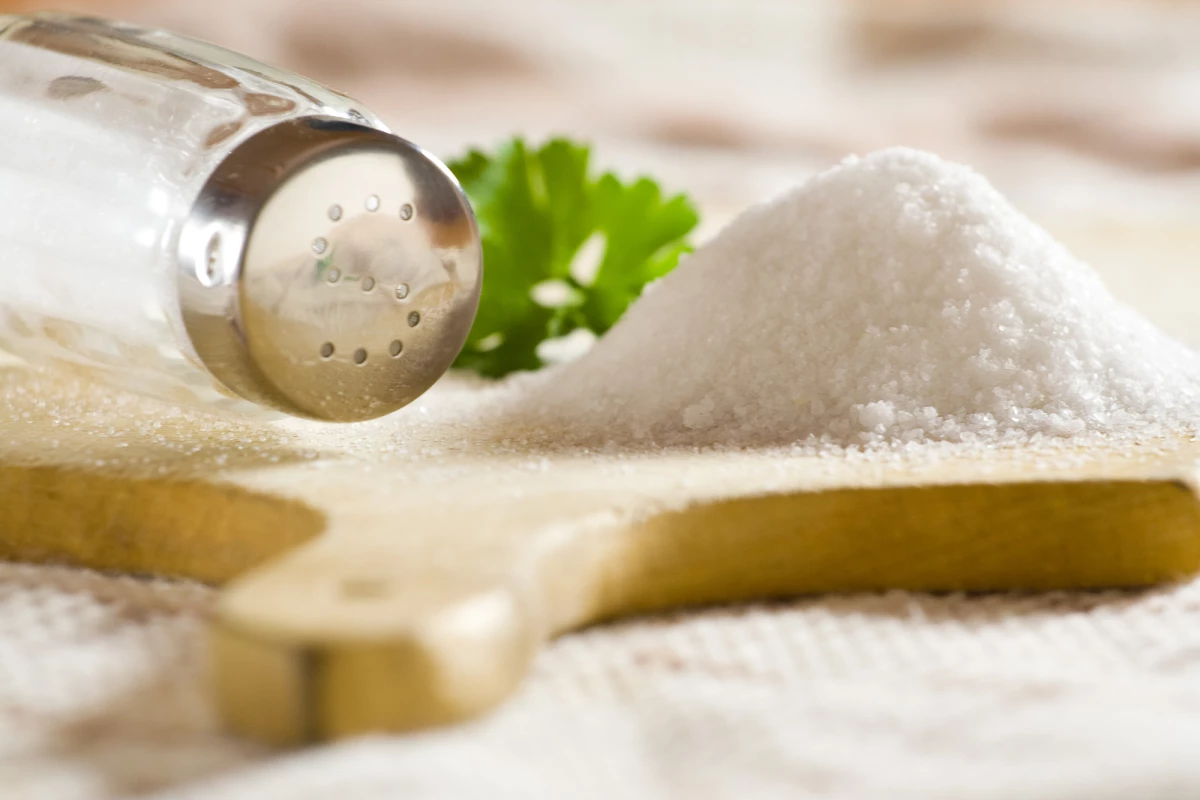We know too much salt consumption can mean bad things for our health, driving up blood pressure and with it our chances of heart disease and stroke. Scientists at Germany’s University Hospital Bonn have now turned their attention to its impacts on the immune system, finding that a diet too heavy on sodium chloride can also “significantly weaken” our natural defenses against bacterial infections.
While its drawbacks are well established, previous research has suggested that a high-salt diet may actually benefit human health in some ways. Studies have shown that certain skin infections heal faster in animals fed a high amount of salt and that immune cells called macrophages are more active in the presence of salt, leading some to conclude that a diet high in sodium chloride can boost one’s immune system. The new study from the University Hospital Bonn team reveals that's not necessarily the case.
"Our results show that this generalization is not accurate," says Katarzyna Jobin, lead author of the study.
According to the team, this is because of the way salt is distributed around the body after it is consumed, and the mechanisms that control it. The skin acts as a kind of salt reservoir, absorbing excess amounts of sodium chloride and keeping salt concentration in the blood and organs more or less constant, which is why some skin diseases benefit from a higher intake of sodium chloride.
Meanwhile, the kidneys play the important role of filtering out excess salt via urine, through what the researchers describe as a sodium chloride sensor. While this does a good job of cleansing the body of additional salt, as a side effect it also leads to the buildup of what are known as glucocorticoids in the body. These hamper the activity of an important type of immune cell in the blood called granulocytes, which are key to fighting bacteria.
The scientists explored what this meant for mice fed a high-salt diet, finding that urinary tract infections healed far more slowly in those subjects. In another experiment they explored the mice’s impeded ability to fight off listeria infections, which can come about through contaminated food and lead to fever and vomiting.
"We were able to show this in mice with a listeria infection," explains Dr. Jobin. "We had previously put some of them on a high-salt diet. In the spleen and liver of these animals we counted 100 to 1,000 times the number of disease-causing pathogens."
Another experiment involved human subjects, with the volunteers fed a high-salt diet – an extra six grams on top of their daily intake – and then providing blood samples for study. The researchers found that the extra salt raised glucocorticoid levels, and that the granulocytes’ ability to fight off bacteria was far worse as a result.
"We have now been able to prove for the first time that excessive salt intake also significantly weakens an important arm of the immune system," explains Prof. Dr. Christian Kurts from the Institute of Experimental Immunology at the University of Bonn.
The research was published in the journal Science Translational Medicine.
Source: University Hospital of Bonn




